T4K3.news
Ancient whale found reshapes early whale history
A 26-million-year-old fossil from Victoria, named Janjucetus dullardi, offers new clues about whale evolution.
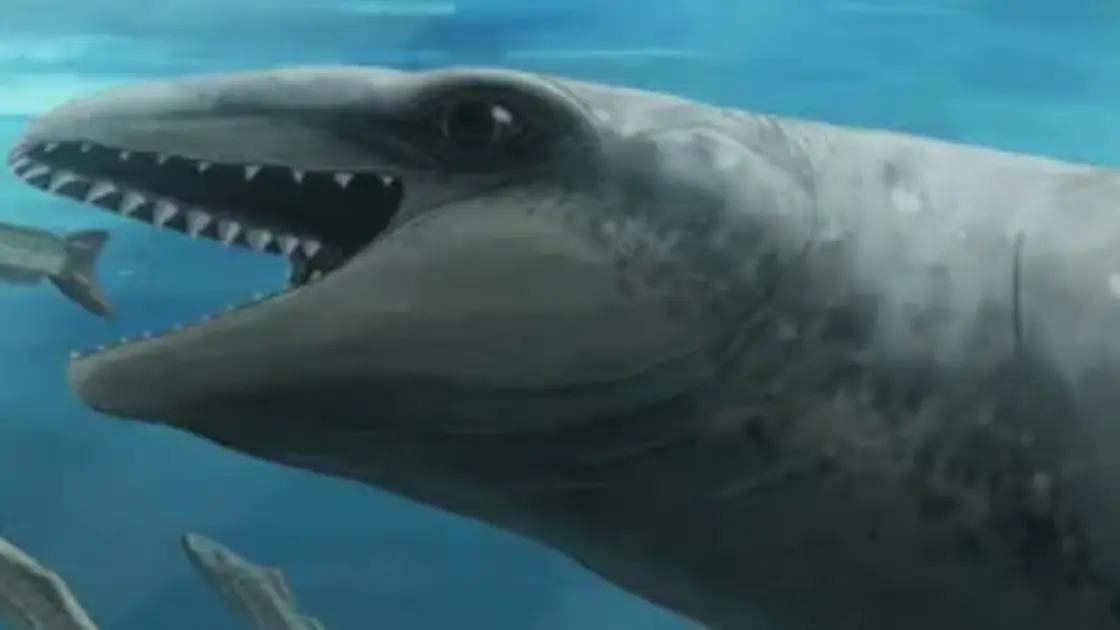
A 26-million-year-old fossil found in Victoria is named Janjucetus dullardi and offers new clues about early whale evolution.
Ancient whale Janjucetus dullardi reshapes early whale history
A 26-million-year-old fossil discovered on the coast of Victoria, Australia, has been identified as a previously unknown whale species and has been named Janjucetus dullardi. The specimen, found in 2019 by local school principal Ross Dullard at Jan Juc Beach, includes part of the skull with ear bones and teeth. It grew to about 10 feet in length, was a small, predatory whale, and featured a short snout with large eyes and sharp teeth, indicating a very different lifestyle from today’s giant filter feeders.
In a study published in the Zoological Journal of the Linnean Society, paleontologists formally named the species and placed it in the early part of whale evolution. Researchers describe its warm shallow sea habitat around what is now Victoria and emphasize how the find, aided by the contributions of local collectors and Museums Victoria, helps fill gaps in the whale family tree and highlights the value of museum collections for scientific discovery.
Key Takeaways
"It might have looked like some weird kind of mash up between a whale, a seal and a Pokemon"
Erich Fitzgerald describing the fossil's unusual appearance
"Discoveries like Janjucetus dullardi remind us that our collections are not just about the past; they are shaping the future of science"
Lynley Crosswell on the value of museum collections
"It’s literally been the greatest 24 hours of my life"
Ross Dullard on the discovery moment
"That’s taken my concentration for six years"
Ross Dullard reflecting on years of work
This discovery fills a gap in the whale family tree by showing that early whales occupied a range of forms, not just the big modern outlines we know today. Janjucetus dullardi lived before the large filter feeders and appears to have been a compact predator, a reminder that evolution is a branching history. The playful comparison to a Pokemon in popular culture signals how unusual fossils can capture public imagination, but the science rests on solid anatomy and careful dating that researchers use to map transitions from land to sea.
The story also underscores the role of citizen science and museums in advancing knowledge. A local donor and regional institutions helped bring the fossil to light, and the finding invites questions about how we fund, protect, and study paleontological sites. It hints at a future where community involvement and responsible stewardship sustain a longer, brighter arc for earth science.
Highlights
- A bed-sized whale from 26 million years ago reshapes how we see evolution
- Discoveries like Janjucetus dullardi remind us that our collections unlock the future of science
- That’s taken my concentration for six years
- I’ve had sleepless nights I’ve dreamed about this whale
The past keeps teaching us, if we listen closely.
Enjoyed this? Let your friends know!
Related News
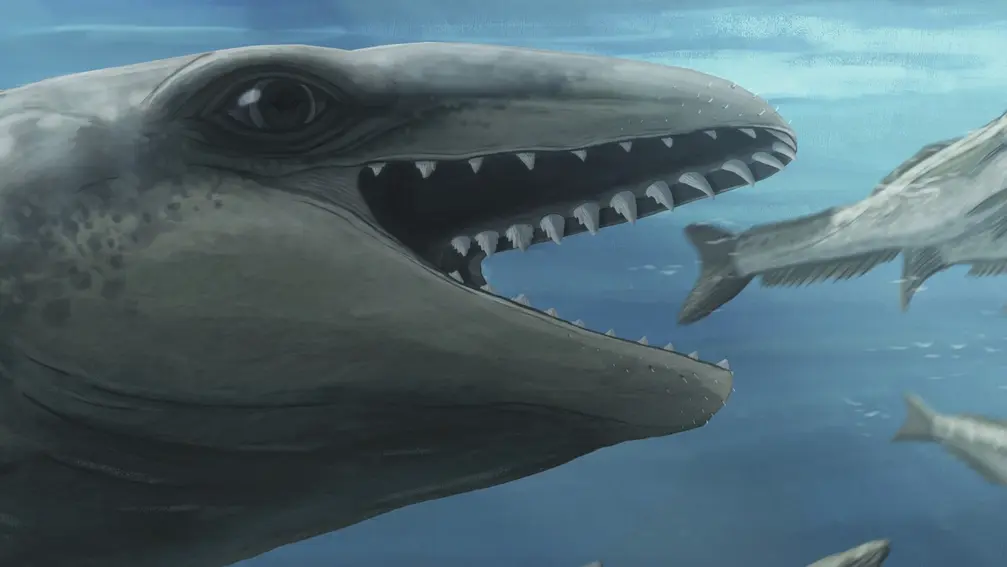
Tiny whale ancestor reshapes whale history
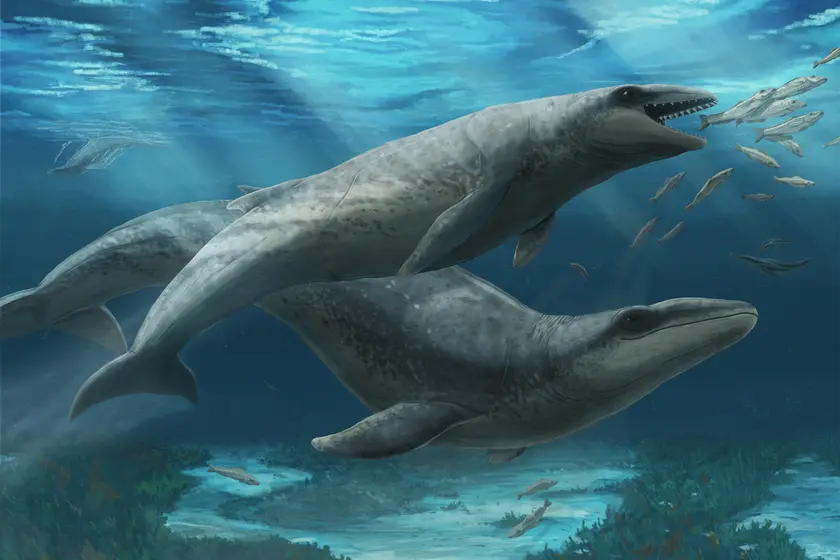
Ancient whale Janjucetus dullardi found off Victoria
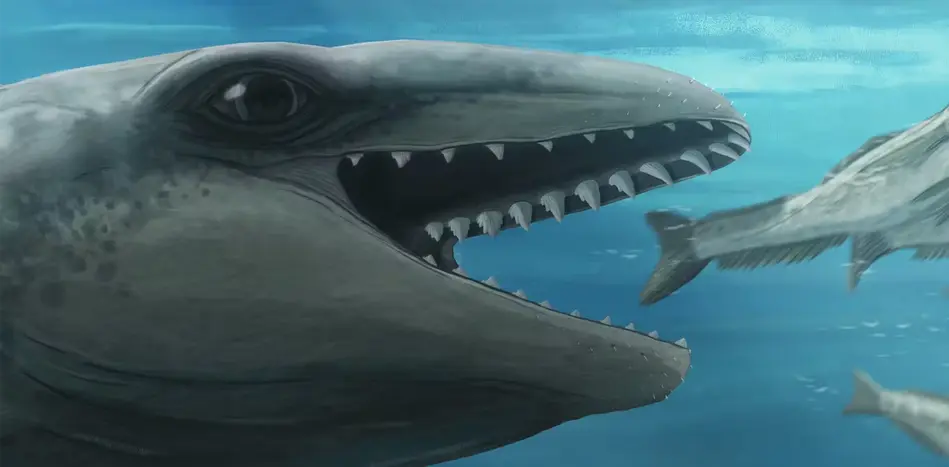
Tiny ancient whale discovery in Victoria
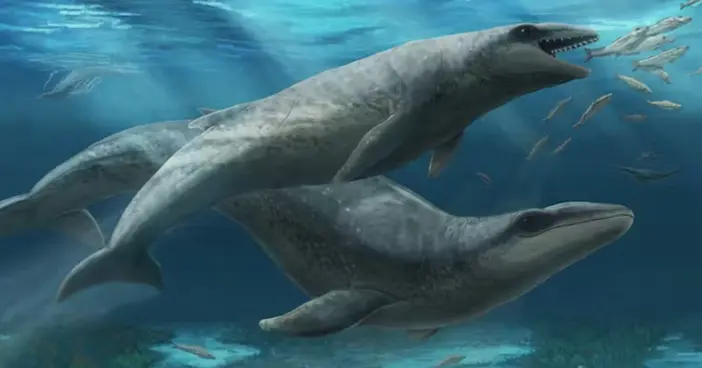
Ancient razor-toothed whale found in Victoria
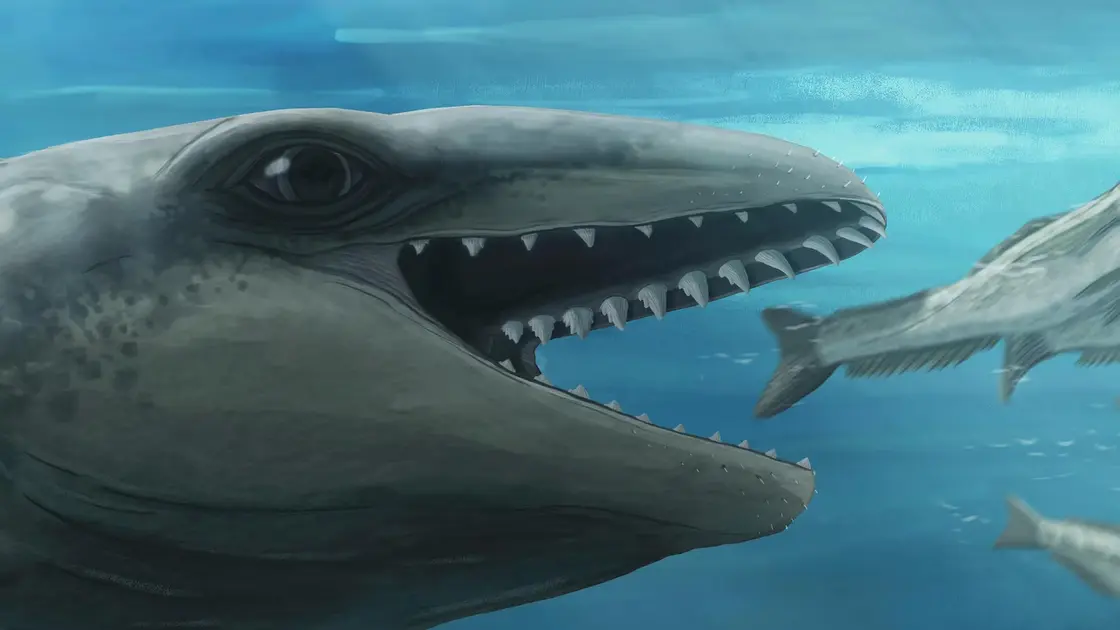
New early whale uncovered
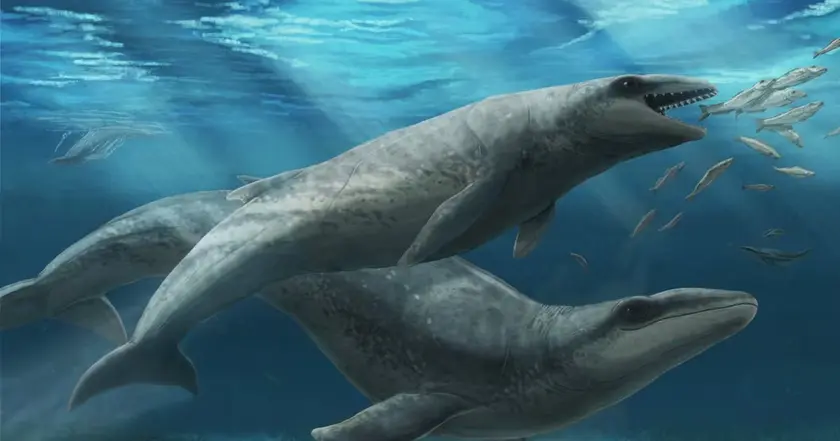
Strange Pokémon ancestor found in Australia
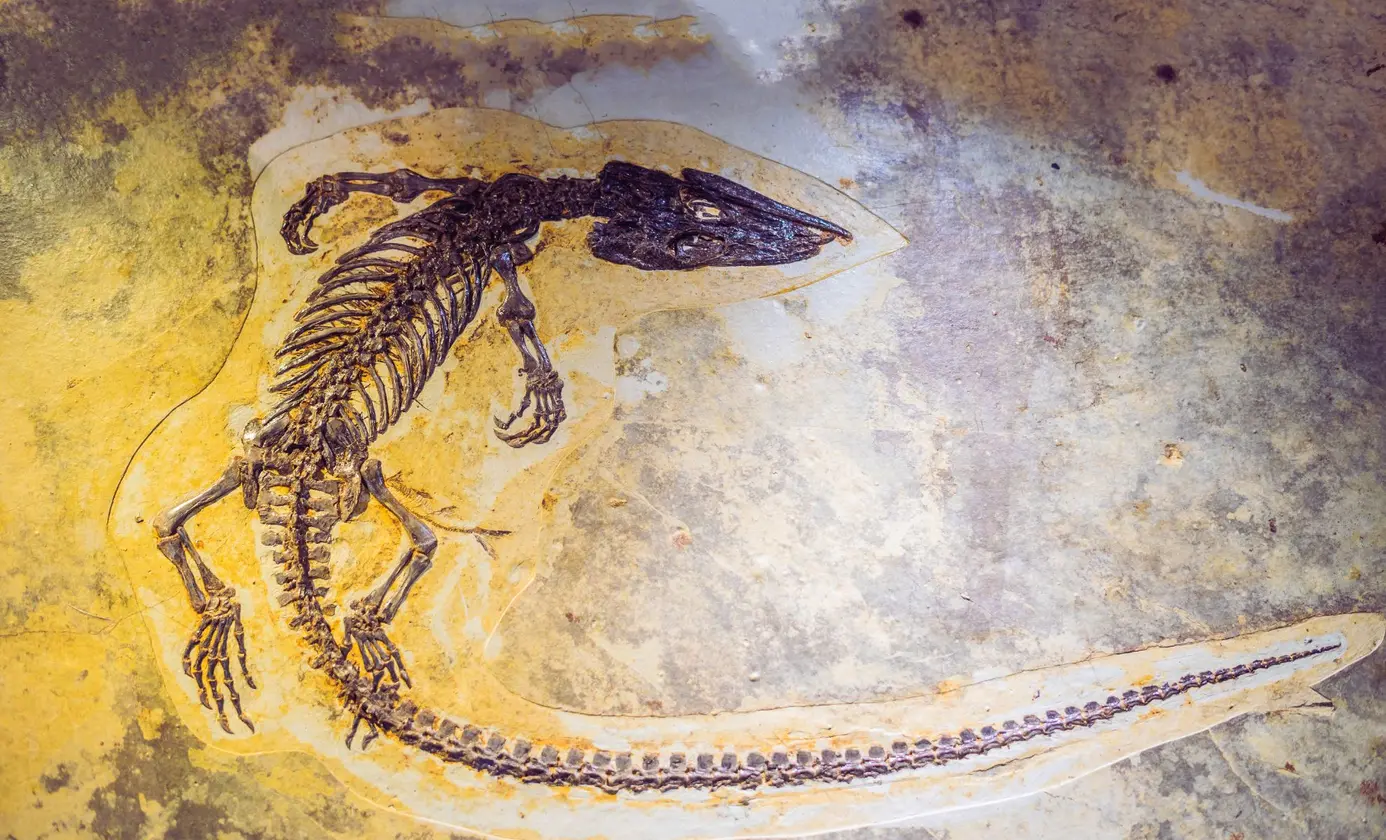
Oldest docodontan fossil found in Greenland
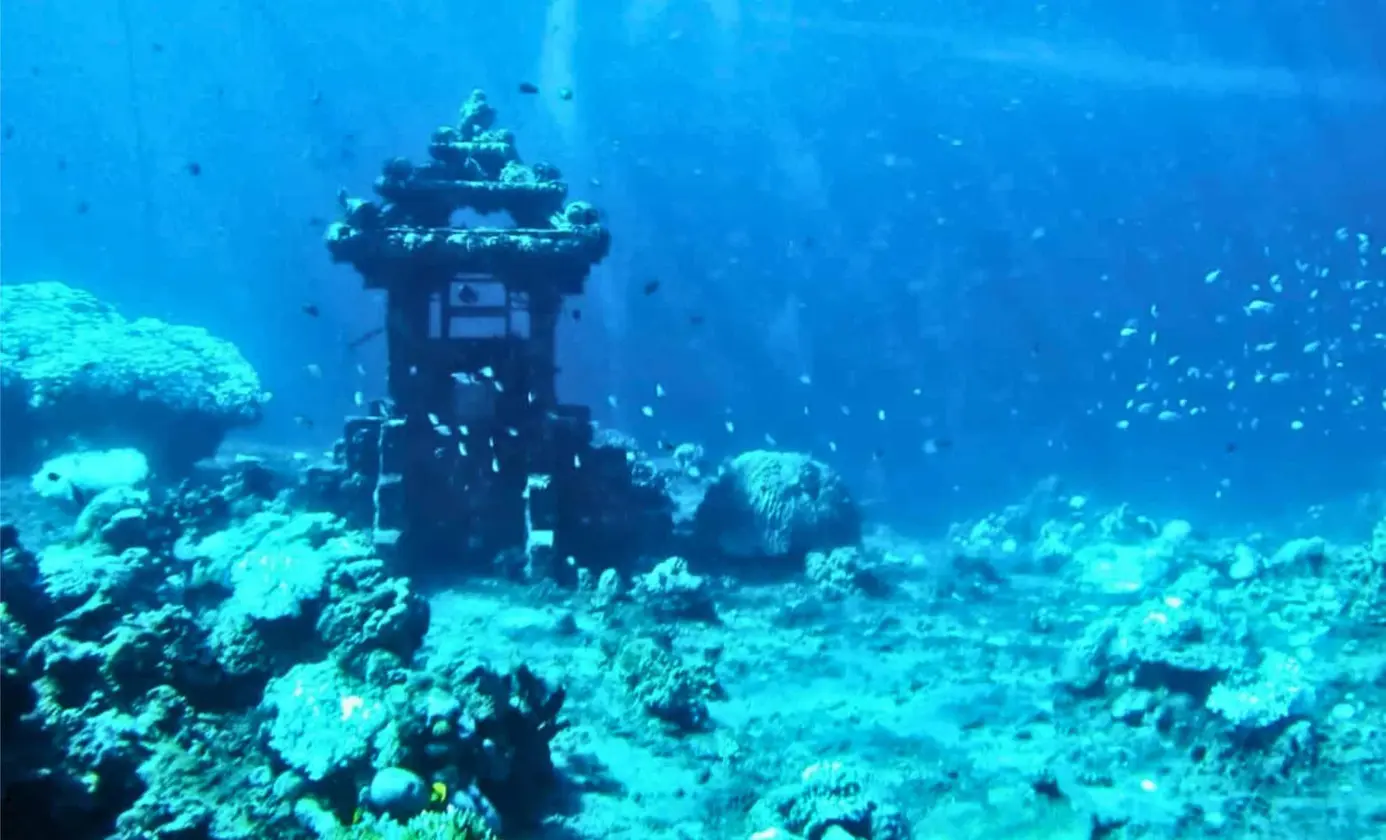
Ancient fossils discovered in Indonesian Sea
